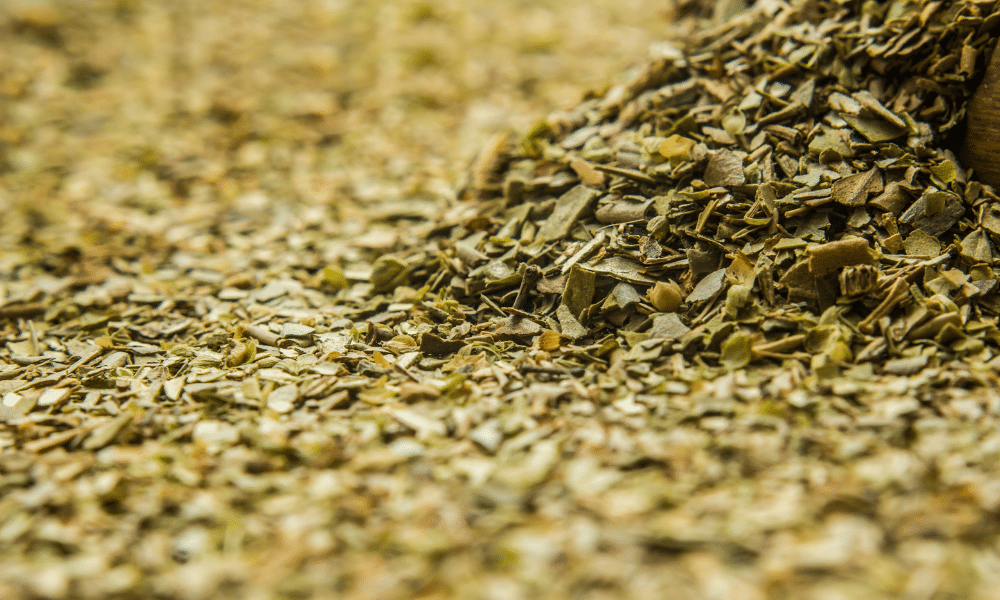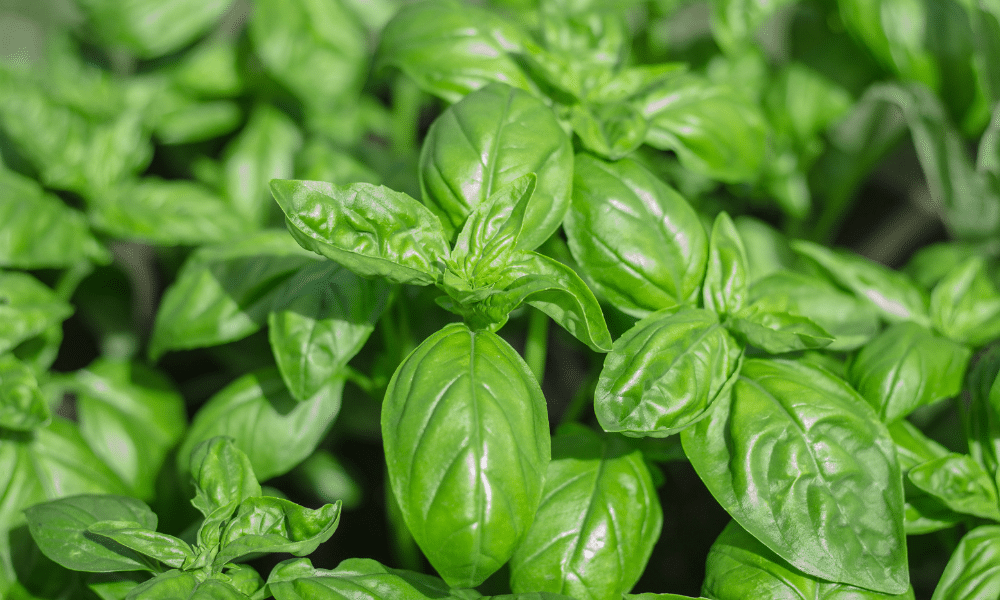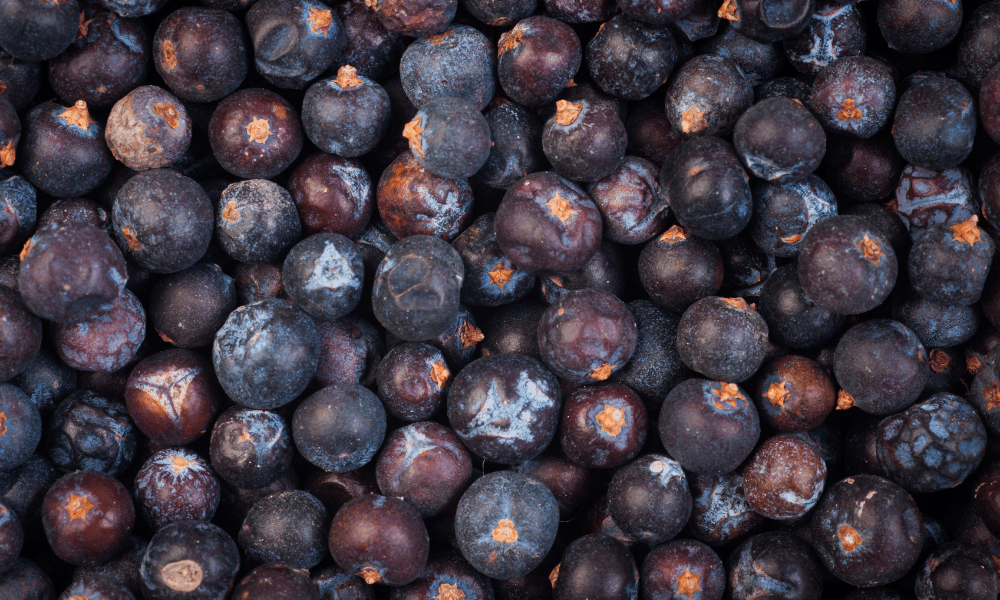As a very aromatic herb, bay leaves are often used as a balancing ingredient for dishes that are too mild or lacking in flavour. They should be every amateur chef’s favourite tool!
Bay leaves are available all over the world as a common herb in many cultures’ cuisines. But if you do not have bay leaves to hand, there are a range of other herbs you can use to balance out an underwhelming dish.
Our 4 Substitutes for Bay Leaf
There have been a few debates about whether bay leaves have any real taste or are just used to help other flavours become prominent.
However, many say that the leaves themselves have a sharp, bitter flavour which is what helps to balance out bitter dishes. When looking for a substitute for bay leaf, this is what we’re looking to replicate.
Here are our 4 substitutes for bay leaves:
1) Thyme
As the preferred bay leaf substitute, thyme can be paired with any meat, fish or vegetable and effectively highlight the unique flavour points of each ingredient.
Unlike other herbs, thyme can also be used as a bay leaf substitute in dessert recipes, in dishes such as panna cotta or ice creams.
Thyme may not have the same bitterness or sharpness as bay leaves, but it does have a light flavour that works to pull forth other flavours rather than overpower them.
Buy It Dried
As a common herb, dried thyme can be purchased all year round and will last longer than fresh thyme. If you would prefer to grow your own thyme, then you can easily dry it out yourself to make it last longer. Unlike softer herbs, thyme retains its flavour when dried.
2) Oregano
The flavours of oregano are very similar to that of a bay leaf, though oregano does have a distinct peppery taste rather than being exclusively bitter.
This means that it can be used to help enhance the flavour of sweeter vegetables such as tomato, garlic, and onions.
As well as being a little peppery, oregano is also a little sweet and earthy. It is this mix of flavours that allows oregano to balance out a dish as a bay leaf does.
Use Dried Oregano
Though there will be no real flavour difference between dry or fresh oregano, fresh oregano will be far more powerful than the diluted dried oregano type.
However, if you use fresh oregano in moderation then you won’t have any issue with overwhelming your dish.

3) Basil
Coming from the same plant family as the bay leaf, basil is full of natural oils that pair well with a range of ingredients.
Though it does have a slight peppery undertone that will work better at balancing out sweeter flavours than sharp or bitter ones as a bay leaf would. This is why basil is often included in tomato and onion-based recipes.
Basil itself is also sweeter than a bay leaf. To avoid overpowering your dish, primarily use basil in fish, chicken, or egg dishes for the best results.
Bay leaves are significantly stronger than basil so you will need to use at least double the amount of basil to bay leaves to get the right effect.
Avoid Adding too Early
It is the oils of a fresh basil leaf that allows the herb to be such a good bay leaf substitute.
But added too early in your dishes cook time and those oils will evaporate, especially if used in slow cooking recipes. Instead, add fresh basil within the last few minutes of cooking.

4) Juniper Berries
Often mistaken for actual berries, juniper berries are the seed of the juniper plant.
They pack an intense citrus punch but also has soft notes of black pepper. That is why juniper berries work well at elevating any dish as they have a balance of flavours themselves.
To get the best flavour out of your juniper berries, crush them up. They are already a very strong ingredient but crushing them will allow you to feel the full effect of their flavour.
Avoid If Pregnant
Even if you use juniper berries that you have brought in a store (which you should do), there is still the chance that they could make pregnant women or children ill if used in excess. You can read more about its effects here.

Other Substitutes for Bay Leaf
If you want to get a little more adventurous in your ingredient choices, you could always use the following substitutes for bay leaves and get just as good a result:
- Boldo Leaves – They have an almost indistinct taste to bay leaves, but are more common in Chilean recipes.
- Marjoram – With a perfect balance between citrusy and earthy, marjoram works in a range of dishes but especially those with milder base ingredients like rice or potatoes.
- Rosemary – It may be a common herb to some people, but to others, this is your chance to try a new herb with little change to your dish. Rosemary works particularly well and enhances the flavour of lamb and pork meat.
Summary
Though there are debates about how tasteful a bay leaf is by itself, it is an effective herb to help make your dish that extra bit delicious.
Other common herbs can also help balance out your dishes’ flavours. But thyme is the best choice to do so when bay leaves are not available.
